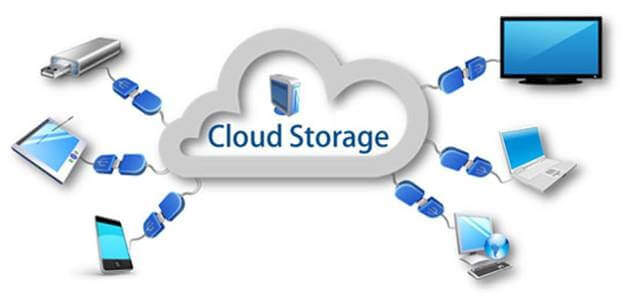


Top cloud providers 2019: How AWS, Microsoft, Google Cloud Platform, IBM Cloud, Oracle, Alibaba stack up



Samira Kabbour
CMO
Table of Contents
Here’s a look at the annual run rates, hybrid cloud strategies and approaches to artificial intelligence and machine learning among the public cloud providers. We all know the large cloud players–AWS, Google Cloud Platform, IBM Cloud and Microsoft Azure–but stacking them up depends on your enterprise’s needs.
This list of public cloud providers revolves around the service providers that offer software-, platform- and infrastructure-as-a-service offerings. There are many more cloud providers that specialize in some part of the enterprise software stack. With that reality in mind here’s a look at the large public cloud players based on public comments, earnings reports and RightScale’s 2018 State of the Cloud Report.
Amazon Web Services showed strong fourth quarter growth and an annual run rate of $20.4 billion. It’s worth noting that AWS accounted for all of Amazon’s 2017 operating income.
IBM’s as-a-service revenue, which includes software, platform and infrastructure, is more than $10 billion. And Oracle, which a line-by-line account of its cloud progress, has hit scale and is betting that autonomous features and data-as-a-service are differentiators.
One cloud vendor that’s worth watching is Alibaba, which is a China-based AWS in many ways. Alibaba adds features at a rapid clip, is betting on artificial intelligence and operates a massive e-commerce business. Sound familiar?
ENTERPRISE ADOPTION
When you look at the major public cloud providers, it’s clear that AWS and Microsoft Azure are the two top dogs. RightScale’s survey of 997 respondents across multiple industries and company sizes tells the tale.
The problem with the Microsoft vs. AWS storyline is that the two cloud giants don’t exactly sync up well. Microsoft’s commercial cloud revenue includes Office 365, which dominates in sales. The main services that are in commercial cloud are Azure; Office 365 business services (Exchange Online, SharePoint Online, Skype for Business Online, Microsoft Teams); Dynamics 365; and its Enterprise Mobility + Security Suite (EMS).
Given that AWS is paired up with VMware and Microsoft has its own stack across the enterprise, Google Cloud Platform hooked up with Cisco with its hybrid data plan.
ROLE OF AI AND MACHINE LEARNING
In October, Google and Cisco outlined a partnership that revolves around better connecting the networking giant’s infrastructure with Google’s services. Kubernetes, Istio and Apigee serve as the glue in the Cisco-Google effort.
AWS has multiple AI and machine learning services and has Alexa as the most popular digital assistant as a front woman. Re:Invent 2017: AWS all about capturing data flows via AI, Alexa, database, IoT cloud services | Google Cloud Platform is staking its future growth on machine learning too. AutoML is part of Google Cloud Platform’s broader strategy. That strategy revolves around using machine learning and artificial intelligence to get a foothold in an enterprise and then expand form there.
AWS is using the AI and machine learning approach differently. Why? AWS is already in your company for compute and cloud storage so its AI services are more of an up-sell and wallet-share expansion.
Add it up and it’s a lot to digest for any enterprise technology buyer. Don’t sweat the concerns about the AI bake-off. Here’s why: Chances are strong that you will have multiple machine learning and AI vendors in your company. You’ll ultimately pick the cloud and machine learning models that work and that means a portfolio approach.
FIRST HALF UPDATE
As the first half of 2018 concluded, the dominant three–AWS, Google and Microsoft Azure–only became more dominant. In fact, Gartner would up cutting the playing field for IaaS.
The other development is that the three parties bet big on the Internet of things, AI and expanded into augmented reality a bit more. The general theme is that machine learning and AI are a service and will be consumed via the cloud.
In a research report from Jefferies, analyst Brent Thill noted that AWS is the runaway No. 1 with Azure challenging and Google gaining share.
Full Article and more can be read on: https://www.zdnet.com/article/cloud-providers-ranking-2018-how-aws-microsoft-google-cloud-platform-ibm-cloud-oracle-alibaba-stack/







